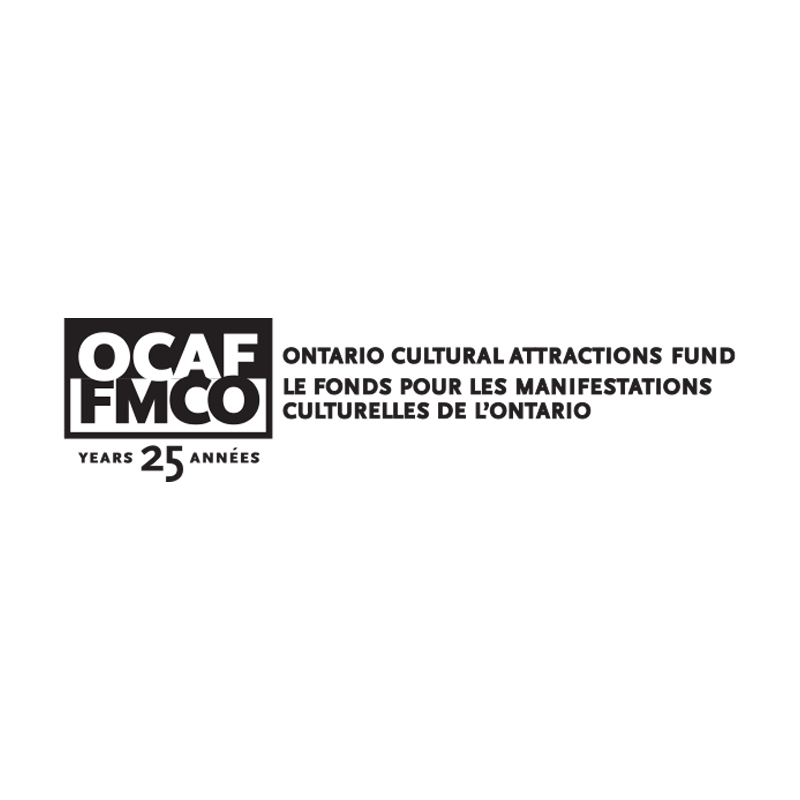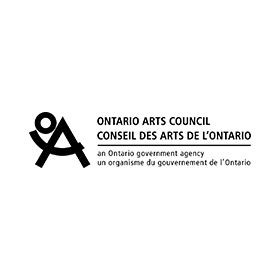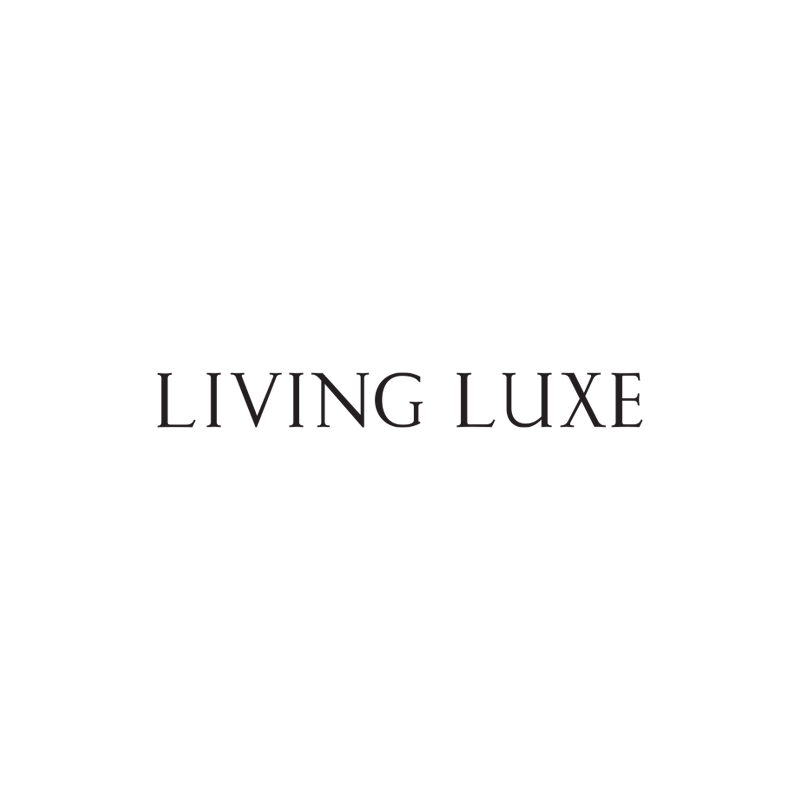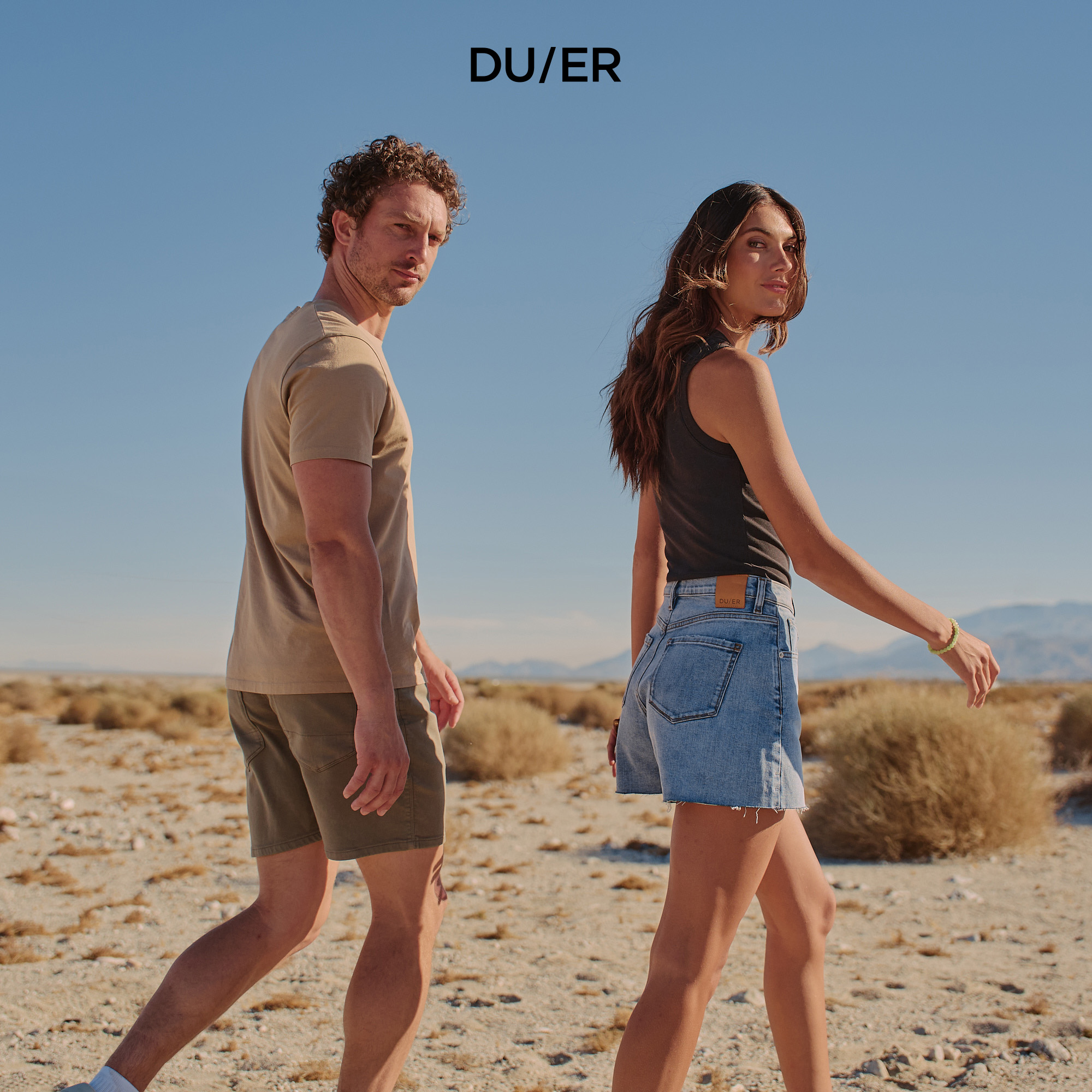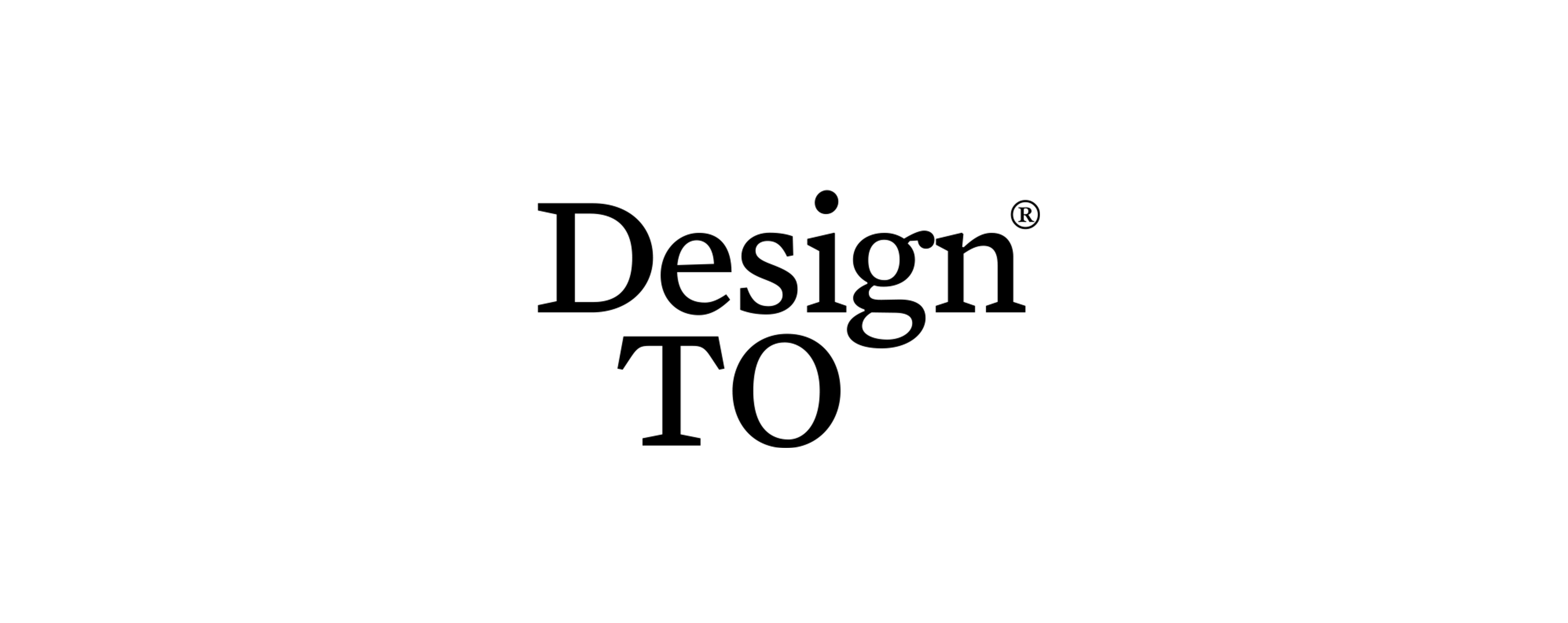
DesignTO invites designers and thinkers to an online Drift moderated by Judith van den Boom, designer and course leader of MA Regenerative Design at Central Saint Martins (University of the Arts London), to explore design responses to the climate crisis. This event focuses on how we can create whole systems that foster more restorative, regenerative, and relational practices and partnerships. At a time when the future of life on this planet is more uncertain than ever, the urgency of exploring alternative ways of learning, exchanging, and building narratives is pivotal.
Our ecosystems, communities, and practices are not static but are continuously evolving networks. Similarly, the narratives that shape how we understand being part of a whole are dynamic. We are networks within networks, layered with diverse cosmologies and processes that constitute life. Regeneration, by definition, is a life system and ecological process that is intrinsic to ecosystems and economies. By shifting the focus on designing for the profit of the planet, we can explore what it truly means to co-thrive. Making a positive impact on the planet translates into a positive impact on our own lives and the lives of future generations. Being human is a process of continuous, interwoven relational knowing—spanning from the macro- to the micro-biome, and intimately connected to time, cycles, and seasons. Yet, the rich diversity of learning and perspectives has become scarce within the universal systems that shape our practices and communities.
In ecology, the idea that “nothing stands on its own” reflects the fundamental principle of interdependence within ecosystems. But what does this mean for how we design? How do we enable new languages and examples of thriving as a connected community? What is involved in developing collaborative partnerships that bridge knowledge, methods, and approaches between design and ecology? And how can we work in a more place-based way, guided by the wisdom and needs of places, species, and communities?
The Drift is a method for connecting a situated network beyond the physical spaces of the DesignTO Festival, hosting a mindful session that draws on diverse ways of knowing and doing. The Drift invites a small group of practitioners to share short provocations that stimulate new translations and relationships, contributing to the richness of how we understand being and designing regenerative worlds, including the languages, processes, and ethics that should be considered when working regeneratively. We will be listening to short provocations and responses on this subject and open the dialogue with the online public to form entanglements that support the work that is taking place across several countries.
This event will include provocations by:
- Jessica Riquetti, Systems ecologist, regenerative design leader
- Parsons & Charlesworth, Speculative design and multispecies futures
- Ranee Lee, Founder of DESIGNwith, Associate Professor in Industrial Design, OCAD University
- Rodney Sayers & Emily Luce, Founders of C.R.A.F.T./qʷicčiƛma (the sky opened up is how we translate to nuučaan̓uł)
- Vanessa Mardirossian, Researcher and educator in textiles and sustainable fashion, Concordia University
About the Moderator
Judith van den Boom‘s methods of research and design are inspired by her approach as a practical idealist and a deep passion for working with ecosystems whilst forging connections between people, places, and disciplines—especially between ecology and design. Judith is course leader of MA Regenerative Design at Central Saint Martins (University of the Arts London) contributing to a world in which designers practice collectively within communities, making positive ecological and social change, strengthening living systems and building relational ecologies.
Judith received her MA at the Royal College of Art and has since worked in design, research, and education. Through her PhD (MMU), she is developing regenerative frameworks and developing the guidelines for working with the “living” in living systems. Judith brings over 15 years of expertise and is an avid lecturer and consultant working with partners around the world. Currently, she is co-developing with Assoc. professor and restoration ecologist Dr. Barbara Smith the Ecosystem Alliance, a platform for place-based trans-disciplinary projects between ecologists and designers. She co-founded UFƟ Unidentified Facility to co-hosts drifts and investigate future design ecologies.
Previously she led a Product Design BA at ArtEZ (The Netherlands) and worked in partnerships with institutes and practices such as Slow Research Lab, Kyoto Design Lab, Design Inquiry, ButterflyWorks, Pratt Institute, CAMPER Lab, BioDesign Challenge, Bio-leadership Fellowship, and others. Judith’s earlier design work focused is centred on making and dialogue and is exhibited widely, including: Dutch Design in China (2012), Design Activism (2009), Re-imagining Communities (Premsela, 2009), Crafting Peace (IVS, Pakistan, 2013), Pratt Institute (2015), Gathering, Holon Design Museum (2014).
About DesignTO
‘Net Positive Drift’ is organized by DesignTO, and supported by the Government of Ontario.
DesignTO is a non-profit arts organization celebrating 15 years of designing a sustainable, just, and joyful future. From January 24-February 2, 2025, the DesignTO Festival features 100+ free events across Toronto, showcasing hundreds of artists and designers. Known as Canada’s largest annual design festival, DesignTO has welcomed over 1 million attendees, reached 2.6 billion people through media, supported 6,500+ creatives, and generated $120 million in tourism impact. “DesignTO isn’t just a festival; it’s an anti-loneliness machine,” co-founder Christina Zeidler remarked, underscoring the organization’s power to foster belonging and spark vital conversations about design’s role in shaping a better world.

